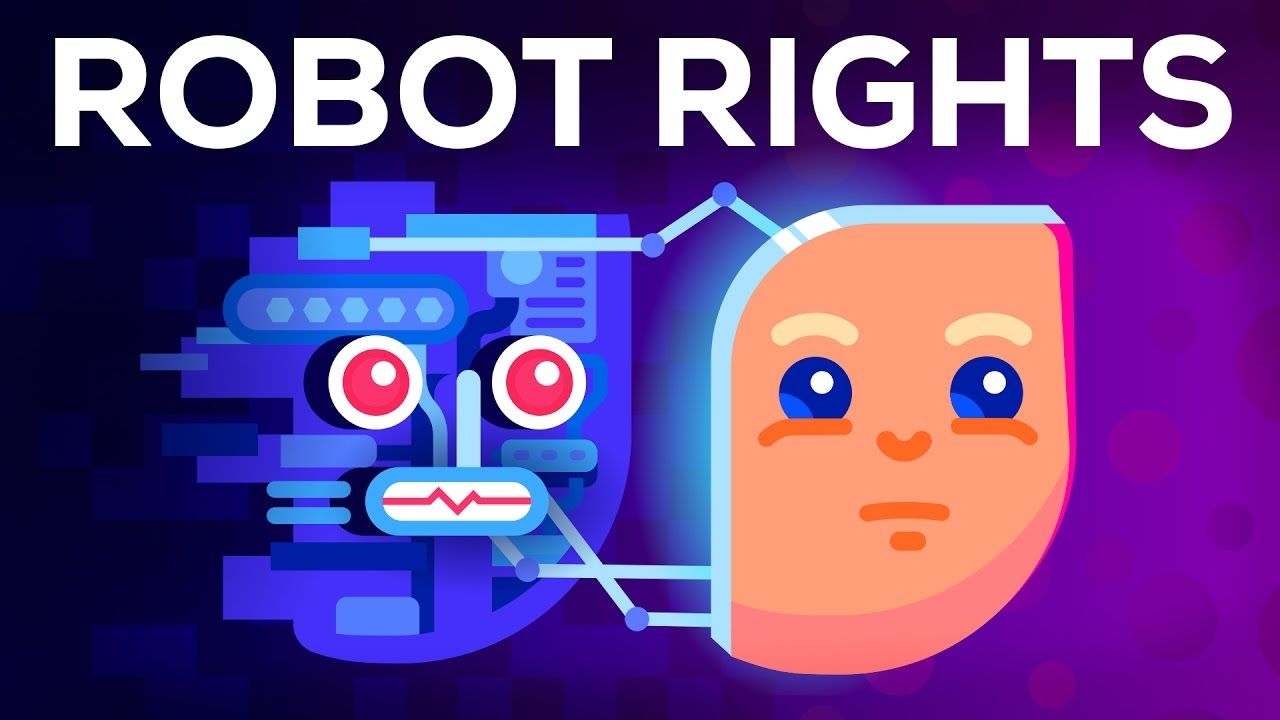
A new well written but not very favorable write-up on #transhumanism. Despite this, more and more publications are tackling describing the movement and its science. My work is featured a bit.
On the eve of the 20th century, an obscure Russian man who had refused to publish any of his works began to finalize his ideas about resurrecting the dead and living forever. A friend of Leo Tolstoy’s, this enigmatic Russian, whose name was Nikolai Fyodorovich Fyodorov, had grand ideas about not only how to reanimate the dead but about the ethics of doing so, as well as about the moral and religious consequences of living outside of Death’s shadow. He was animated by a utopian desire: to unite all of humanity and to create a biblical paradise on Earth, where we would live on, spurred on by love. He was an immortalist: one who desired to conquer death through scientific means.
Despite the religious zeal of his notions—which a number of later Christian philosophers unsurprisingly deemed blasphemy—Fyodorov’s ideas were underpinned by a faith in something material: the ability of humans to redevelop and redefine themselves through science, eventually becoming so powerfully modified that they would defeat death itself. Unfortunately for him, Fyodorov—who had worked as a librarian, then later in the archives of Ministry of Foreign Affairs—did not live to see his project enacted, as he died in 1903.
Continue reading “Transhumanism: More Nightmare Than Dream?” »

















